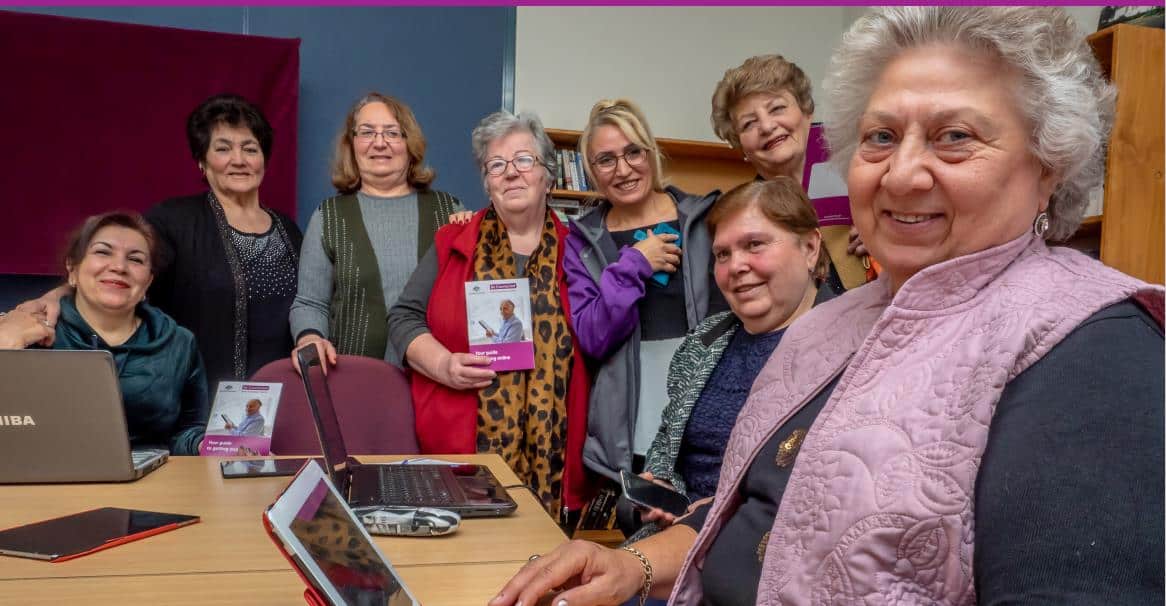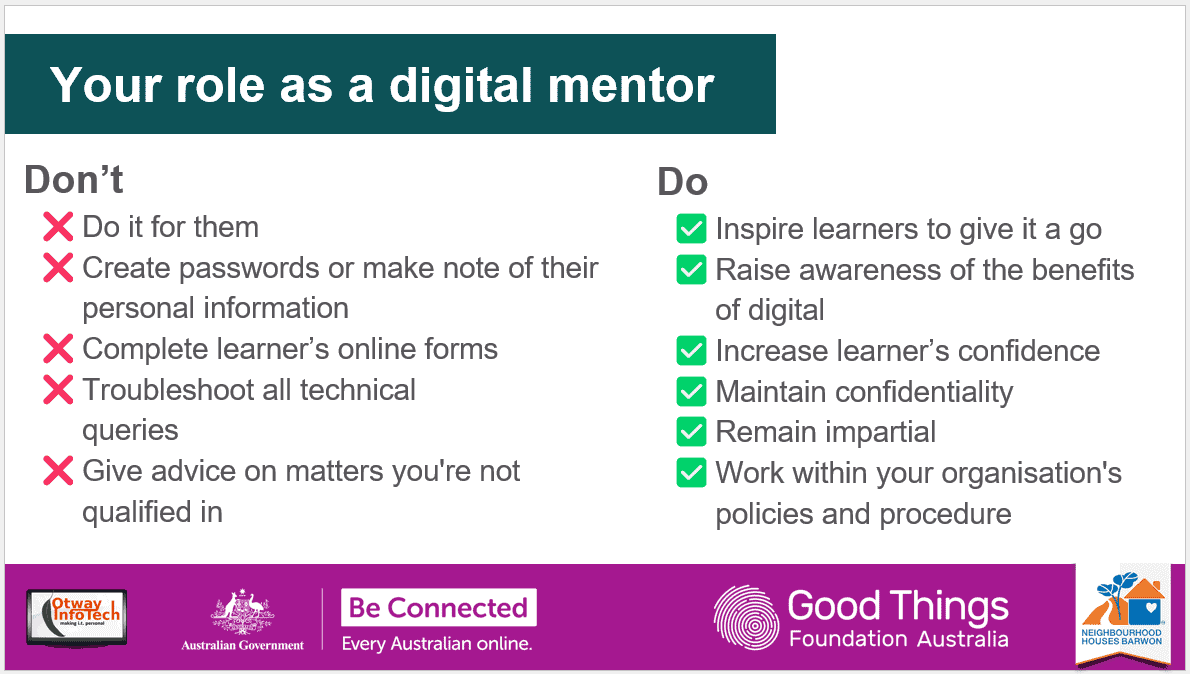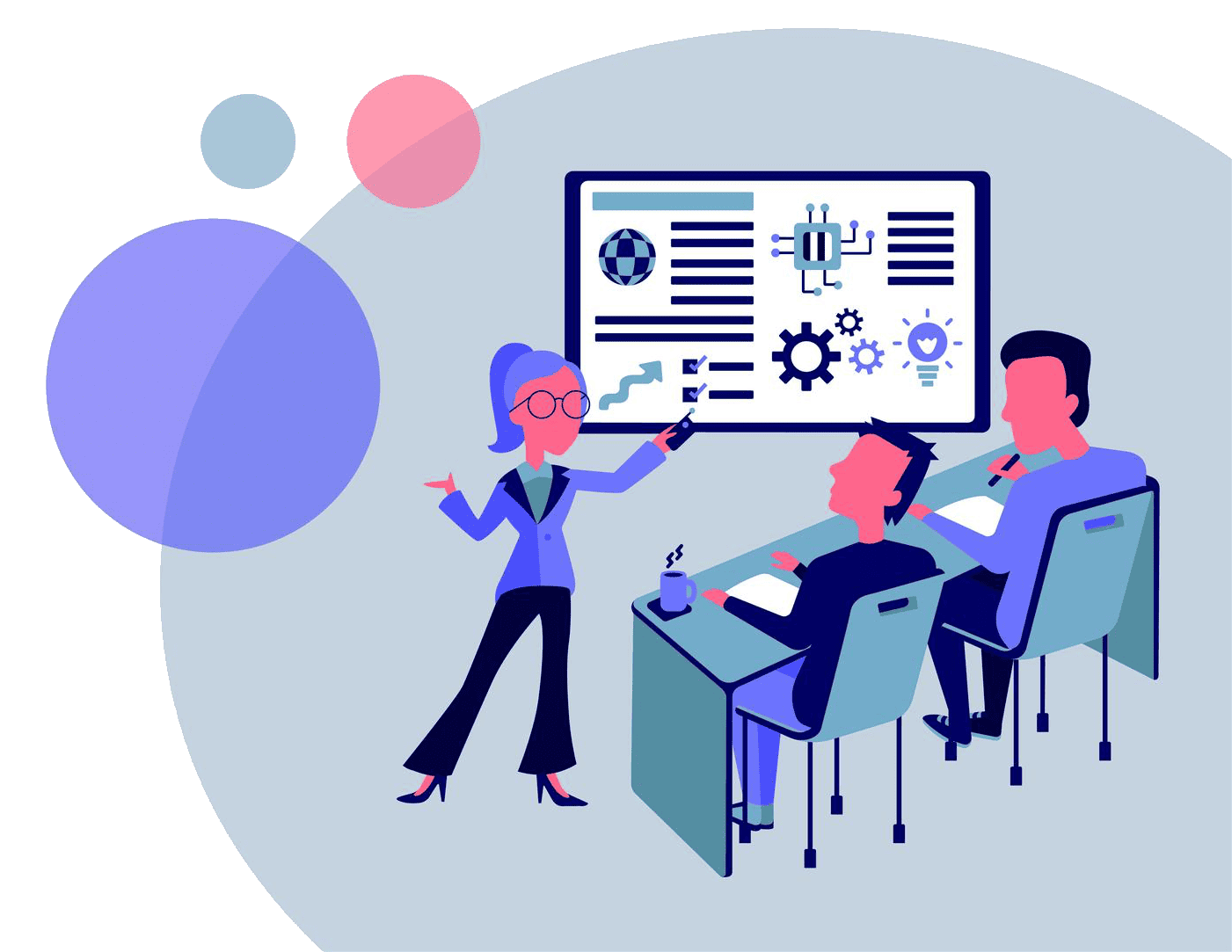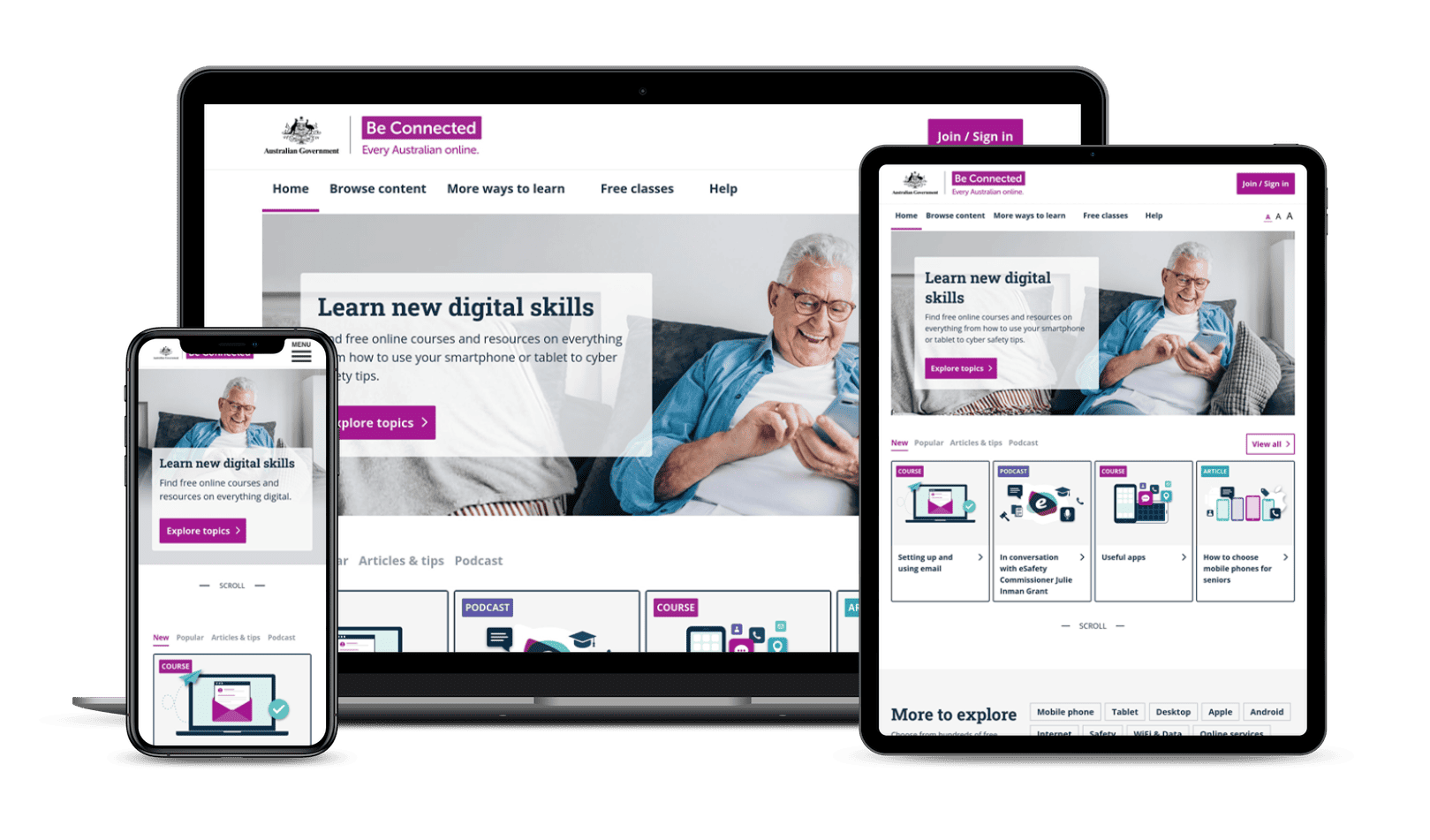Neighbourhood Houses Barwon:
Digital mentors/guides in the community
volunteers across our region, addressing digital exclusion

Being a digital mentor is more than technical skills. You need:
- Kindness – Being warm, accepting and caring towards learners and not judging them for their level of knowledge or how quickly they learn
- Patience – Being willing to stick to something no matter how long it takes, even if it means repeating the same small steps dozens of times
- Empathy – Being willing to try to imagine what the mentoring experience is like for the learner, including their fears and frustrations
- Generosity – Being open and honest with learners and giving them your full attention for the duration of the mentoring session
- Flexibility – being open to changes in learning directions as you e learner’s needs change (switching between topics, activities and devices)
- Bringing a positive attitude to each mentoring session is the most vital action you can take to support your learners. Your digital mentoring style will evolve over time. Enjoy the Journey.




